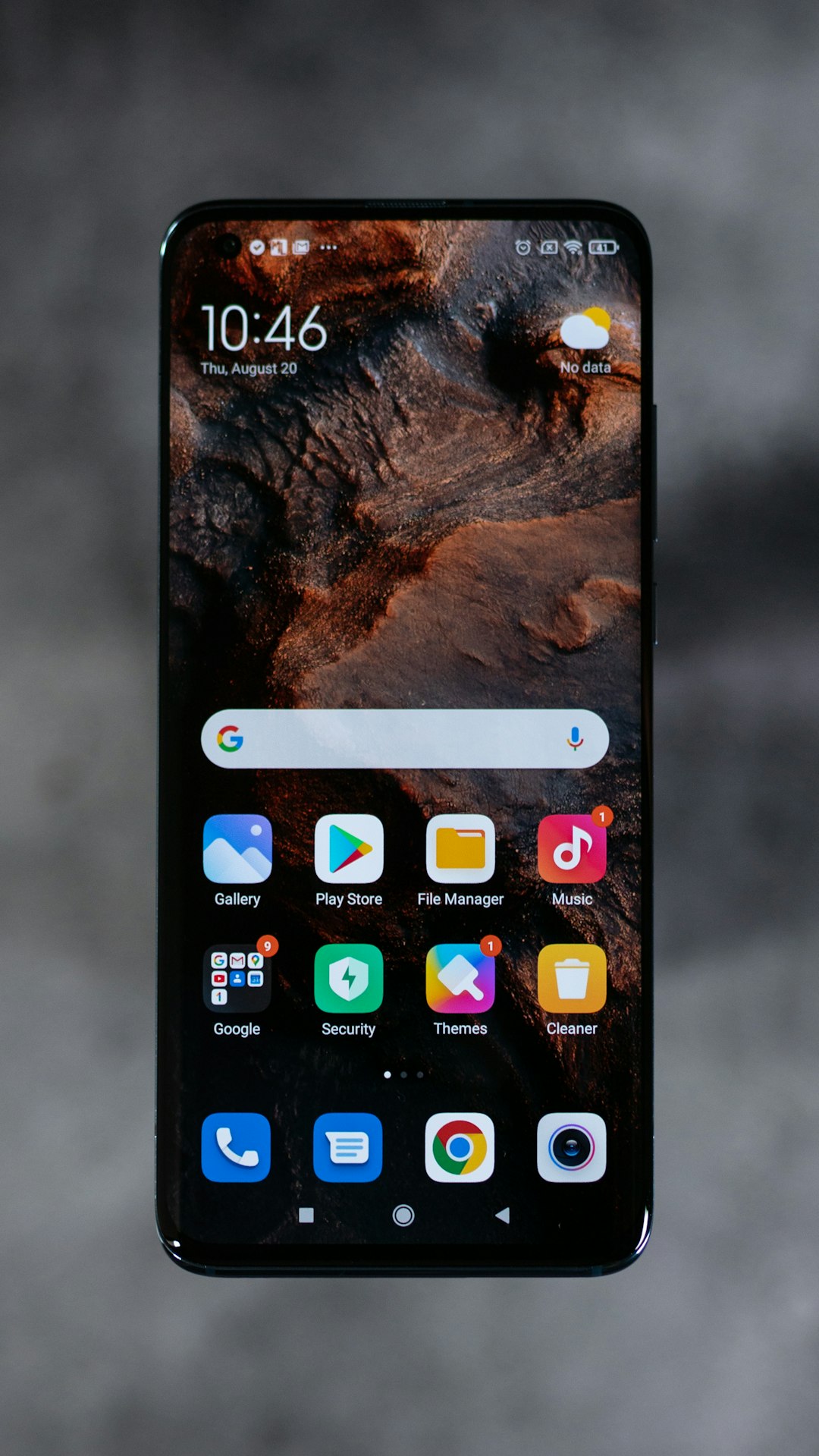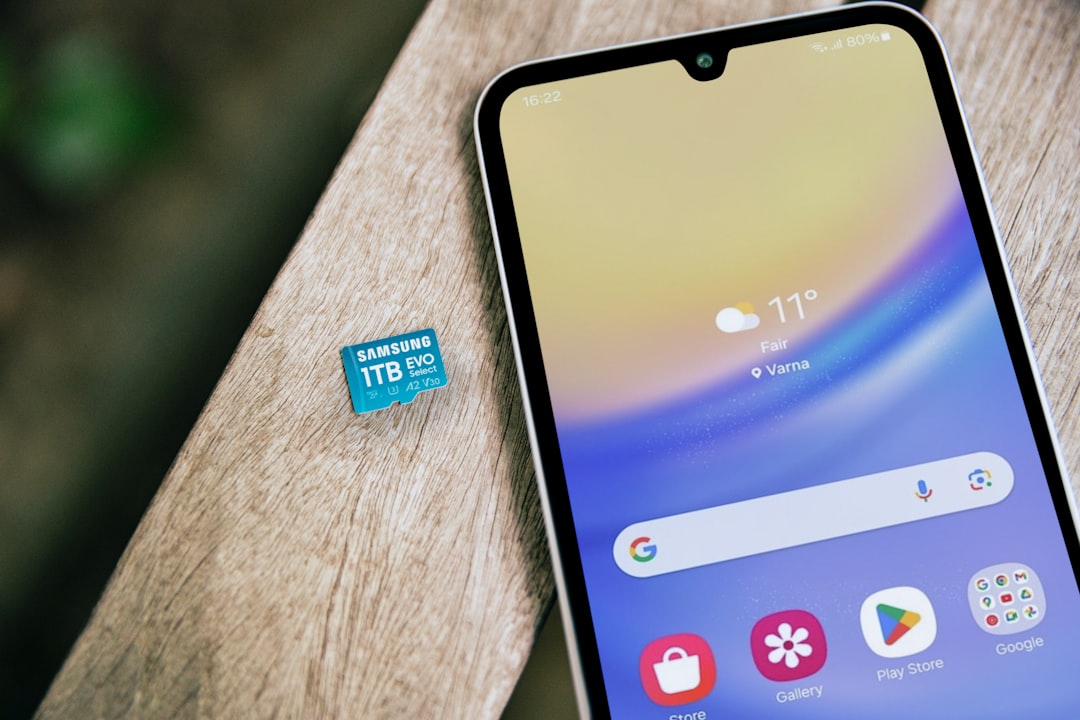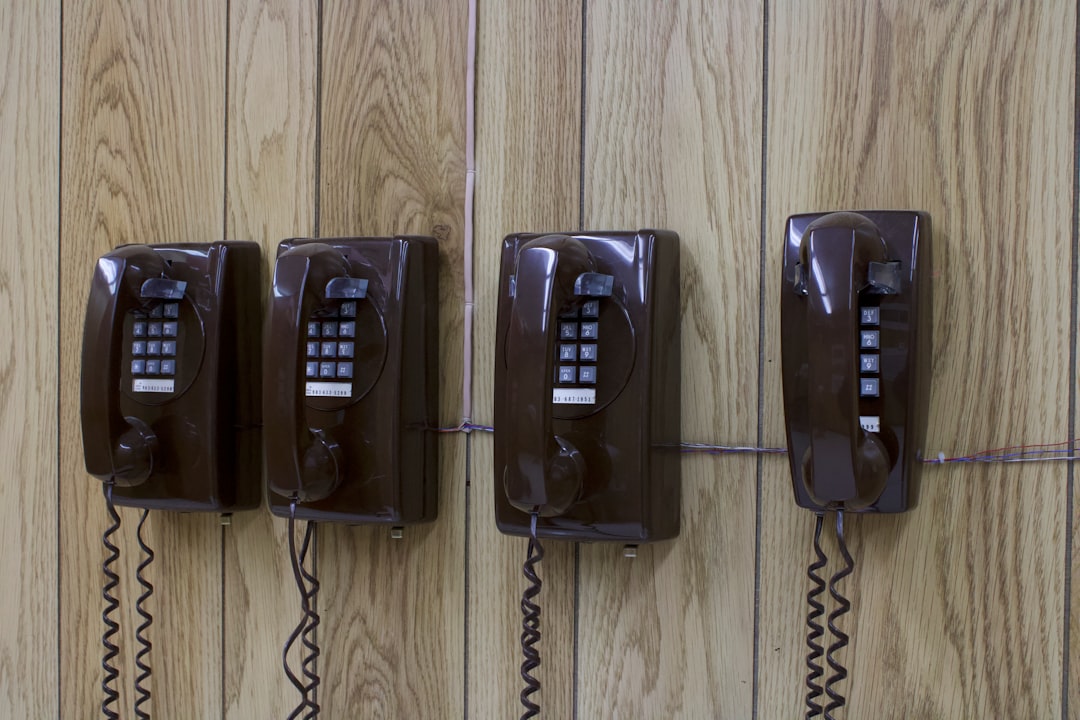The National Do Not Call Registry is a powerful tool for Nebraskans to reduce unwanted telemarketing calls, offering legal protection after online registration. However, many residents hold misconceptions about its limitations, such as non-protection from political organizations or charities. A lawyer specializing in Do Not Call Nebraska laws can guide residents through registry navigation, dispute resolution, and potential compensation for privacy invasions, ensuring peace of mind and the enforcement of communication preferences.
“Unraveling the mysteries surrounding the Do Not Call Registry in Bellevue, Nebraska, this article aims to guide residents through common misconceptions. Many believe it’s a mere formality, but it’s a powerful tool to protect your privacy. We’ll explain how it works and debunk popular myths. Additionally, we’ll explore the significance of legal representation for your rights, especially when dealing with persistent telemarketers. Discover your options with a lawyer specializing in Do Not Call Nebraska laws and reclaim control over your communications.”
What is the Do Not Call Registry and How Does it Work?

The Do Not Call Registry is a national database designed to protect consumers from unwanted telemarketing calls and sales pitches. It’s a simple concept: individuals who wish to opt-out of receiving such calls register their phone numbers with the registry. Once registered, their number becomes part of a list that telemarketers are legally required to honor. This means that registered numbers are automatically blocked from receiving pre-recorded or automated calls, significantly reducing unwanted interruptions.
When a consumer registers their number, they typically do so through an online form provided by the National Do Not Call Registry or their state’s designated agency. The process is free and easy, ensuring accessibility to all. After registration, federal law mandates that telemarketers refrain from calling these numbers for marketing purposes within 30 days. This system empowers individuals to take control of their communication preferences, providing peace of mind and a quieter home environment. For those seeking assistance or further information regarding the Do Not Call Registry in Nebraska, consulting with a local lawyer specializing in consumer rights can be beneficial.
Debunking Common Misconceptions About the Registry in Bellevue, NE

Many residents of Bellevue, Nebraska, have misconceptions about how the Do Not Call Registry works and its limitations. One common myth is that registering with the registry guarantees complete protection from telemarketing calls. However, this is not entirely accurate. While it significantly reduces unwanted calls, certain categories of callers are exempt from complying with the registry, including political organizations, charities, and businesses with which you have an existing relationship.
Another misconception is that listing your number on the Do Not Call Registry will only block local calls. In reality, it blocks calls from telemarketers across the country. Despite these myths, a lawyer for Do Not Call Nebraska can help clarify these points and guide residents on how to best protect themselves against unwanted telemarketing calls.
The Role of a Lawyer for Do Not Call Nebraska: Your Rights and Options

When it comes to navigating the complexities of consumer protection laws, such as the Do Not Call Registry in Bellevue, Nebraska, having a lawyer for Do Not Call Nebraska can be invaluable. These legal professionals are equipped with the knowledge and expertise to guide individuals through their rights and options under the law. They can help ensure that your rights as a resident of Nebraska are protected and that you understand the regulations surrounding telemarketing calls.
A lawyer specializing in Do Not Call Nebraska laws can provide crucial support if you’ve been harassed by unwanted phone calls or if you believe your privacy has been invaded. They can assist with registering your number on the state’s Do Not Call list, explaining the legal process involved, and representing your interests if any disputes arise. Additionally, they can offer insights into seeking compensation for any distress caused by persistent or harassing calls, ensuring that your experience is addressed appropriately.






